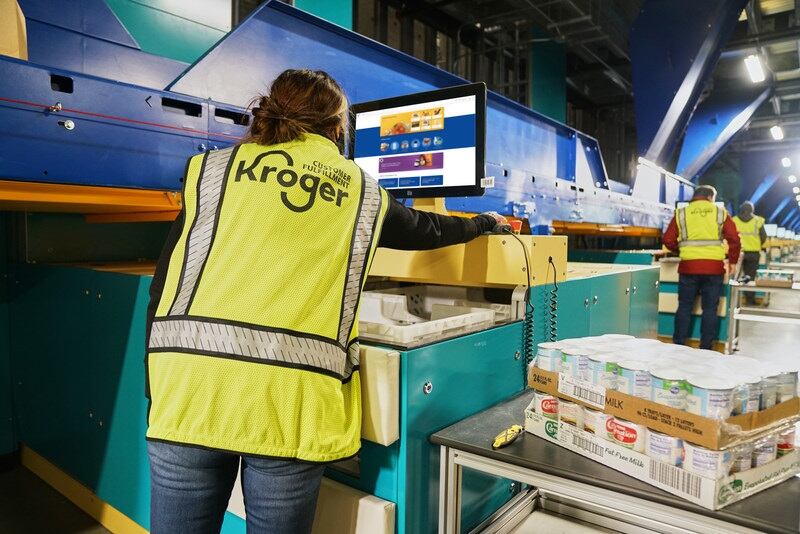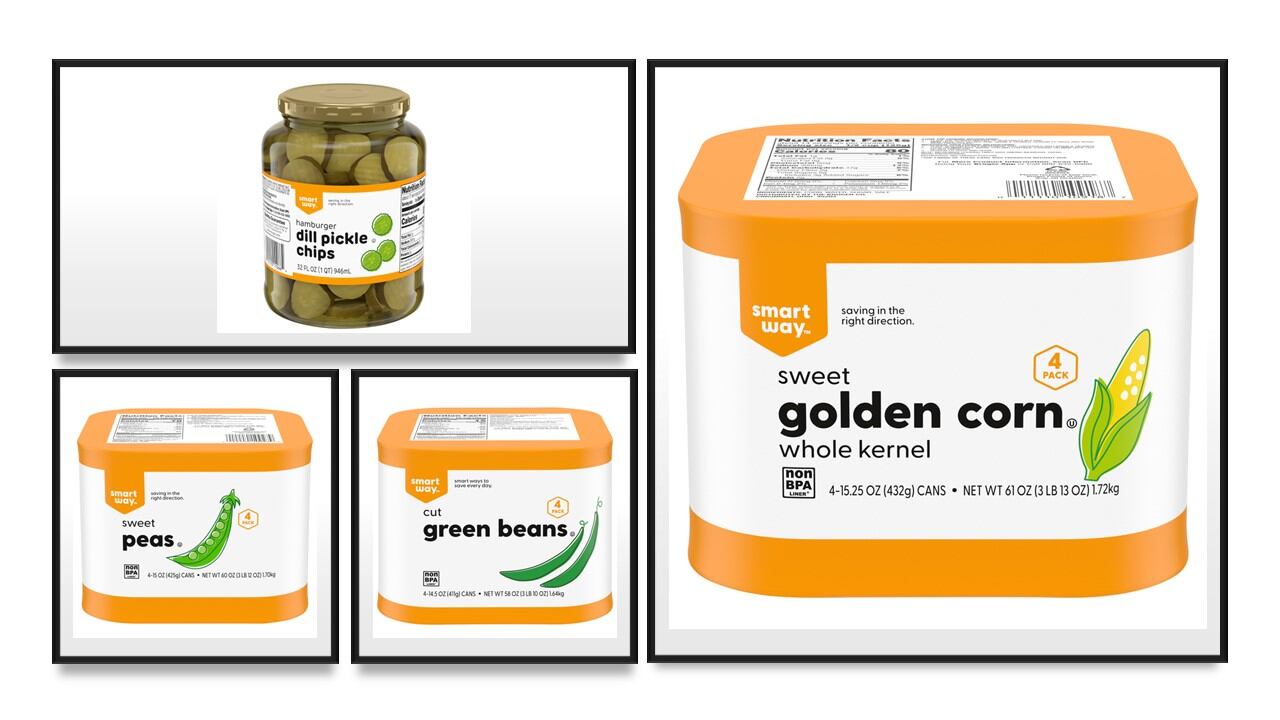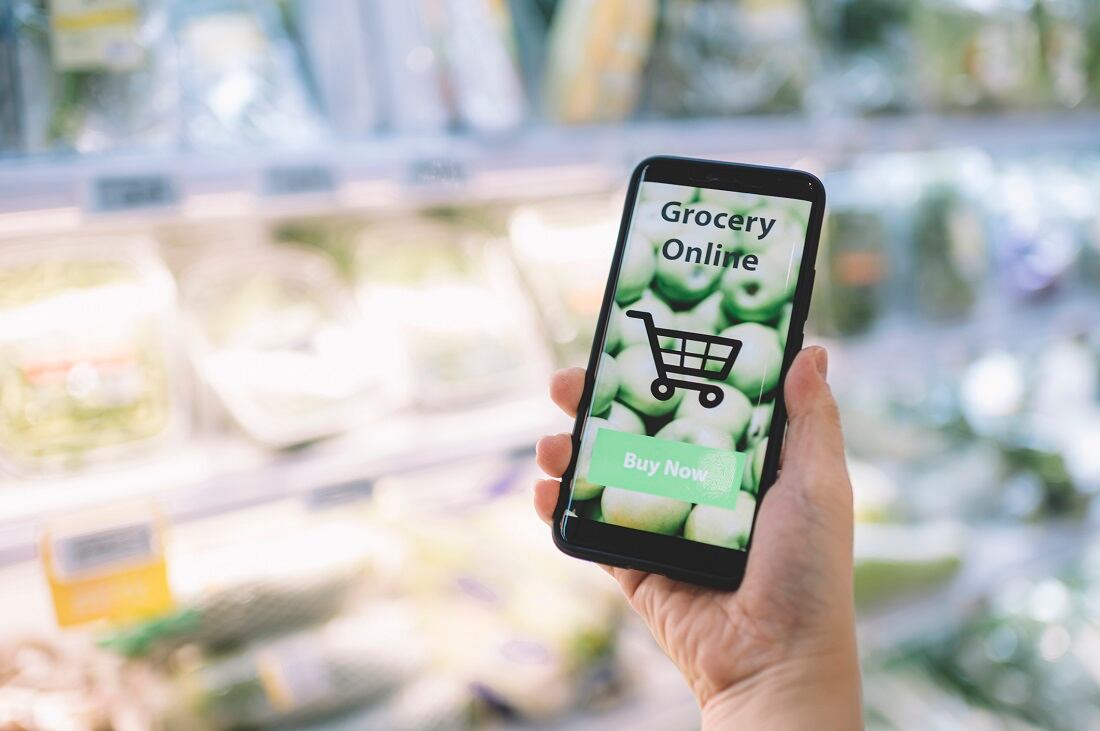Under the merger, Kroger will acquire all of the outstanding shares of Albertsons common and preferred stock for an estimated total consideration of $34.10 per share, implying a total enterprise value of approximately $24.6bn, including the assumption of approximately $4.7bn of Albertsons' net debt.
"We believe this transaction will lead to faster and more profitable growth and generate greater returns for our shareholders," said Kroger chairman and CEO Rodney McMullen who will continue serving as chairman and CEO of the combined company.
Kroger said that it expects the transaction to be accretive to earnings in the first year following the closing and double-digit accretive by year four.
Next grocery behemoth?
With the acquisition of Albertsons, Kroger will consolidate its position as the second largest food retailer in the US with an 11.8% share (up from 7.1% in 2021) behind Walmart which has a 17.1% share of the grocery market, according to GlobalData.
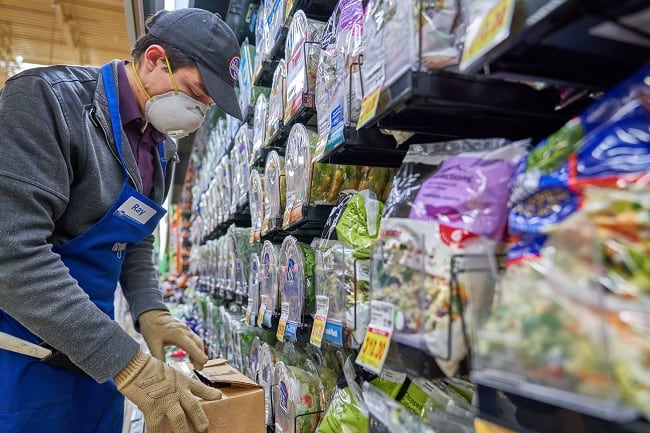
Kroger operates almost 2,800 stores in 35 states under 28 different banners. Albertsons Companies operates 2,200 stores under 20 banners across 34 states and the District of Columbia and currently runs 22 distribution centers and 19 manufacturing plants.
Together, Albertsons Cos. and Kroger currently employs more than 710,000 associates and operate a total of 4,996 stores, 66 distribution centers, 52 manufacturing plants, 3,972 pharmacies, and 2,015 fuel centers.
Top five players by share of the total US food and grocery market in 2021: GlobalData
Walmart: 17.1%
Kroger: 7.3%
Costco: 5.7%
Albertsons: 4.5%
Ahold: 4.3%
"In a market where margins are under pressure, the additional scale is useful for Kroger as it improves economics through better buying power. This is critical at a time when inflation is acting as a drag on both the top and bottom lines," said Neil Saunders, managing director of GlobalData, in a statement issued to reporters this morning.
As the market grapples with ongoing inflationary pressure and an impending recession, providing more cost-competitive products is paramount, added Saunders.
"Heightened competition from Walmart and the value chains – all of which are taking a more aggressive stance on price – and from new entrants like Amazon, necessitates a greater investment in prices and propositions. Both Kroger and Albertsons are capable of managing this alone, but the larger, merged business will have more financial firepower," he noted.
Coresight Research: 'This merger would lead to massive savings'
Ken Fenyo, president, research & advisory at Coresight Research, a global firm specializing in retail and technology, said, "This deal can make a lot of sense for Kroger. Merging with Albertsons will better position Kroger to compete with Walmart and even Amazon on a national scale."
Fenyo also adds that the cost savings of such a deal would be a significant driver of growth for Kroger.
"It’s also an opportunity for cost savings – in many locations, there’s a Kroger right across from an Albertsons, which is highly inefficient. This merger would lead to massive savings, as it would eliminate overlaps in stores, tech investments, marketing spend, and so on.
"Perhaps the most important benefit would be the data. Kroger has a huge data set of national consumer behavior data, to which they apply analytics, personalization, and expertise to drive retail media, personalized marketing, and better internal decision-making. Data is the real gold in the deal."
Kroger CEO: 'We believe this transaction will lead to faster and more profitable growth'
The combined company gives Kroger a greater presence in California and the Western United States where Albertsons operates several of its banners, said McMullen.
"Albertsons Cos. brings a complementary footprint and operates in several parts of the country with very few or no Kroger stores. This merger advances our commitment to build a more equitable and sustainable food system by expanding our footprint into new geographies to serve more of America with fresh and affordable food and accelerates our position as a more compelling alternative to larger and non-union competitors," said McMullen.
While a smaller retailer compared to Kroger by store count, Albertsons currently outperforms Kroger in terms of visitor numbers, according to recent data from foot traffic analytics firm Placer.ai, which showed that visits to Albertsons locations were up 2.9% (for the week of Oct. 3, 2022) compared to the same week in 2019, while they were down 6.7% at Kroger stores.
"With Albertsons in the fold, Kroger could get a much-needed shot in the arm to help boost its visit numbers in the short term, and create an even more formidable grocery giant over the long term," commented Placer.ai.
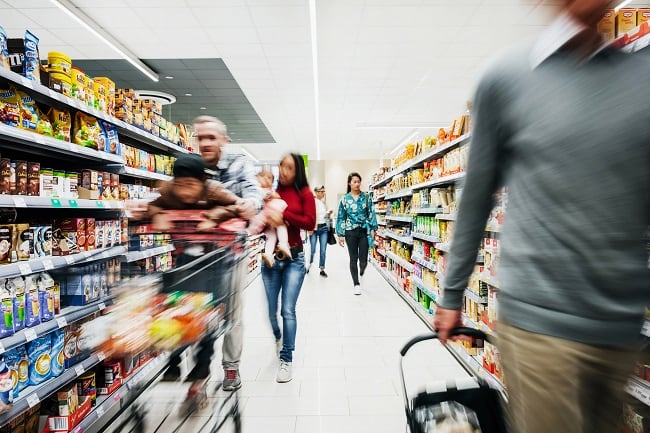
"As a combined entity, we will be better positioned to advance Kroger's successful go-to-market strategy by providing an incredible seamless shopping experience, expanding Our Brands portfolio, and delivering personalized value and savings. We'll also be able to further enhance technology and innovation, promote healthier lifestyles, extend our health care and pharmacy network and grow our alternative profit businesses."
In particular, Kroger said the merger will enable broader access to fresh food across the country and expand the company's portfolio of fresh products through a stronger supply chain and distribution model.
The deal also gives the combined company an opportunity to expand its private label and store brands portfolio at a crucial time when consumers' household budgets are stretched then.
"At a time when people are increasingly shopping for groceries and eating at home, Kroger and Albertsons Cos. will be better positioned to relieve the inflationary pressures facing shoppers with a combined portfolio of approximately 34,000 total private label products across premium, natural and organic, and opening price point brands," said Kroger.
The downside? Layoffs, redundancies, store closings...
While some industry experts speculate the mega grocery merger could raise flags with US anti-trust authorities as it creates a grocery behemoth (Kroger would control almost double the store count as the third largest grocery retail player), the business combination still leaves plenty of room for competition in the grocery category, according to Saunders.
"There may be some regulatory concerns about the merger. However, these are mostly local issues where a merger produces a very high market share in certain areas. From a broader national perspective, a combined Kroger and Albertsons does not pose any major threat to the competitive dynamics of the market. Indeed, scale is necessary to deliver the prices and investments that consumers demand," added Saunders.
Still, the merger may lead to some consolidation of stores, predicts Saunders.
"There will, no doubt, be some closures if a merger goes ahead. However, these could initially be minimal given that a lot of the existing stores have a fairly clearly defined catchment and loyal bases of customers. Over time, however, the rate of closures may be more pronounced as the combined chains seek to minimize duplication."
And with such a major merger comes inevitable layoffs, opined food industry veteran Errol Schweizer in his recent Forbes piece:
"A merger would mean large scale layoffs in redundant white collar jobs, such as office-based marketing, procurement, analytics, digital sales, and category management roles. Whether or not those savings get passed onto consumers is more of a function of how competitive the markets are.
"Most likely such revenue will pad the bottom line, lining the pockets of institutional investors and asset managers who own large swathes of the stock."

